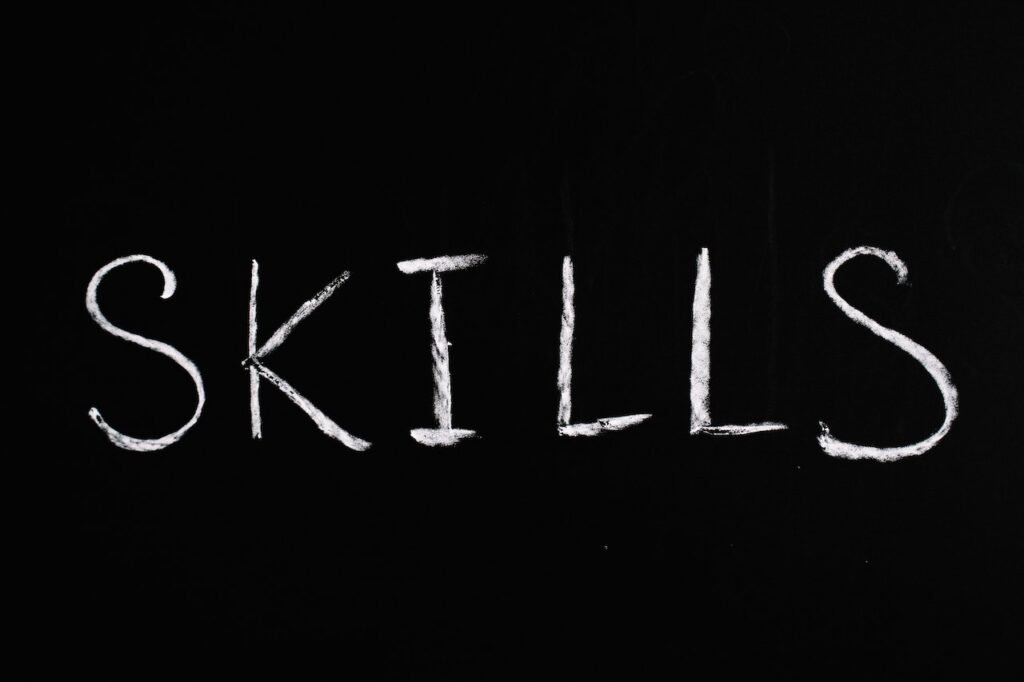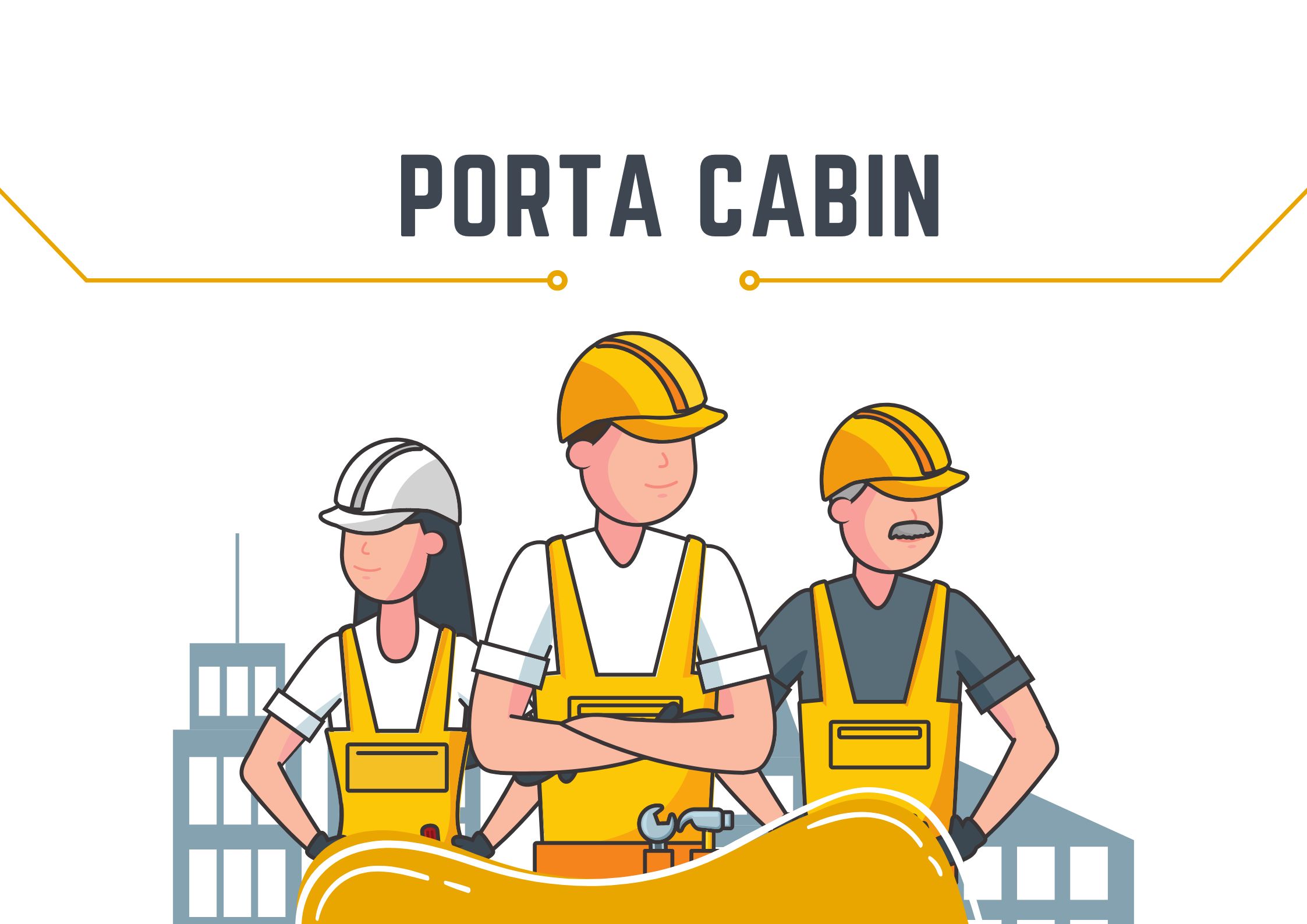Learning new skills is an exciting and rewarding endeavor that can open doors to personal and professional growth. Whether you want to learn a new language, master a musical instrument, or acquire a new craft, having effective techniques can greatly enhance your learning experience. In this blog post, we will explore ten mind-blowing techniques that will help you learn new skills efficiently and effectively. So, get ready to embark on a journey of growth and discovery!
1. Set Clear Goals
Before diving into the learning process, it’s vital to set clear and specific goals. Ask yourself what you want to achieve and why you want to learn the particular skill. Setting goals will provide you with direction and motivation, helping you stay focused throughout your learning journey. Additionally, breaking your goals down into smaller, achievable milestones will make the learning process less overwhelming and more manageable.
2. Find Your Learning Style
Understanding your preferred learning style can significantly impact your ability to grasp and retain new skills. Some people learn best through visual cues, while others prefer auditory or kinesthetic methods. Experiment with different learning styles and identify which one suits you best. Once you have discovered your style, tailor your learning materials and techniques accordingly. For instance, if you are an auditory learner, try listening to podcasts or audio recordings related to the skill you are learning.
3. Embrace Active Learning
Passive learning, such as reading or listening without engagement, can be less effective than active learning. Active learning involves actively participating and engaging with the material. This can be achieved through various methods, such as taking notes, asking questions, or engaging in discussions. By actively involving yourself in the learning process, you are more likely to absorb and retain information effectively.
4. Practice, Practice, Practice!
It’s often said that practice makes perfect, and it’s true! To truly master a skill, consistent and deliberate practice is essential. Dedicate regular time to practice your newly acquired skill and embrace the concept of deliberate practice, which focuses on specific areas of improvement. Break down complex skills into smaller components and work on each one individually. By practicing regularly and deliberately, you will gradually refine your abilities and achieve mastery.
5. Seek Feedback and Guidance
Feedback is crucial for improvement. Seek out mentors, instructors, or individuals experienced in the skill you are learning. Their guidance and constructive criticism can help identify areas of improvement and provide valuable insights. In addition to seeking feedback from experts, consider joining communities or forums where you can interact with fellow learners. Sharing your progress and receiving feedback from peers can provide support and inspiration throughout your learning journey.
6. Embrace Failure as a Learning Opportunity
Failure is an inevitable part of the learning process. Instead of being discouraged by setbacks, embrace them as valuable learning opportunities. Failure allows you to identify areas that need improvement and motivates you to refine your skills. Embracing a growth mindset, where you view challenges as opportunities for growth, will not only enhance your learning but also boost your resilience and perseverance.
7. Utilize Technology and Online Resources
The digital age has provided us with an abundance of resources at our fingertips. Take advantage of online platforms, courses, tutorials, and apps that cater to your specific skill. Whether it’s language learning apps, online coding courses, or instructional YouTube videos, technology can greatly enhance your learning experience. However, be mindful of reputable sources and ensure the quality of the content to avoid misinformation.
8. Create a Supportive Learning Environment
Your environment plays a vital role in your learning journey. Create a dedicated space that is conducive to learning, free from distractions, and equipped with the necessary resources. Surround yourself with supportive individuals who encourage and motivate you to reach your goals. Additionally, consider establishing a schedule or routine for your learning sessions to develop consistency and discipline.
9. Apply the Skill in Real-Life Contexts
To truly internalize and maximize your learning, apply the skill in real-life contexts. Seek opportunities to utilize your newly acquired abilities, whether it’s through real-world projects, volunteering, or practical applications. Applying the skill in a practical setting will enhance your understanding, build confidence, and solidify your knowledge.
10. Stay Curious and Enjoy the Process
Lastly, maintain a sense of curiosity and enjoyment throughout your learning journey. Approach new skills with an open mind and a genuine interest in the subject matter. Learning should be an enjoyable and fulfilling experience, so embrace the process, stay motivated, and celebrate every milestone achieved.
In conclusion, learning new skills is an enriching and transformative experience. By following these ten mind-blowing techniques, you can enhance your learning efficiency, retain information effectively, and achieve mastery in your chosen skill. Remember to set clear goals, identify your learning style, practice consistently, seek feedback, embrace failure, utilize technology, create a supportive environment, apply the skill in real-life contexts, and above all, stay curious and enjoy the process. Now, armed with these techniques, go forth and embark on your journey of acquiring new skills!




